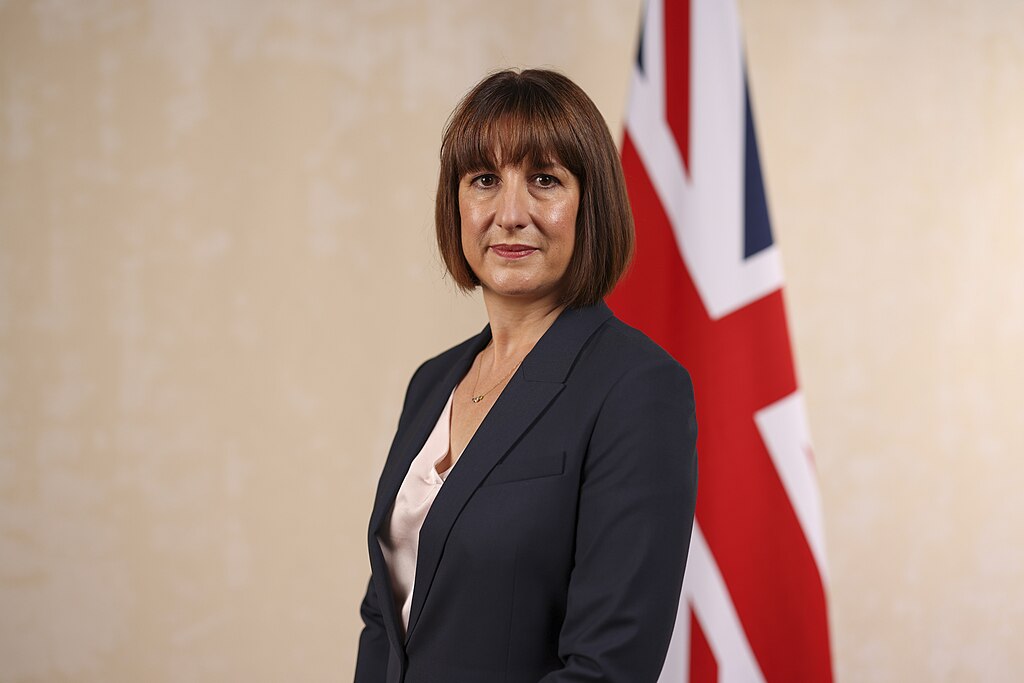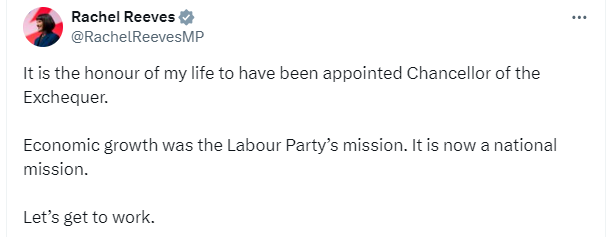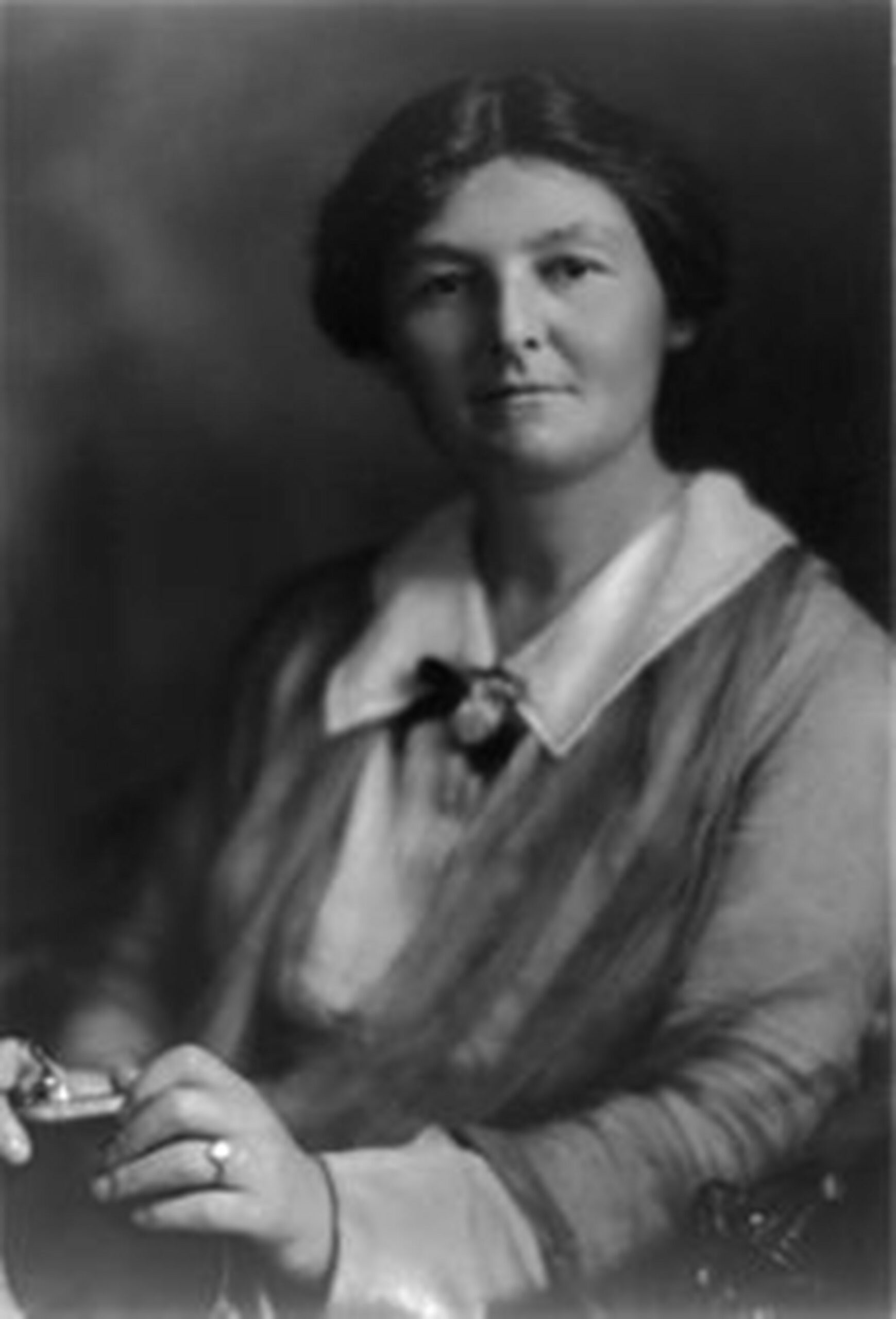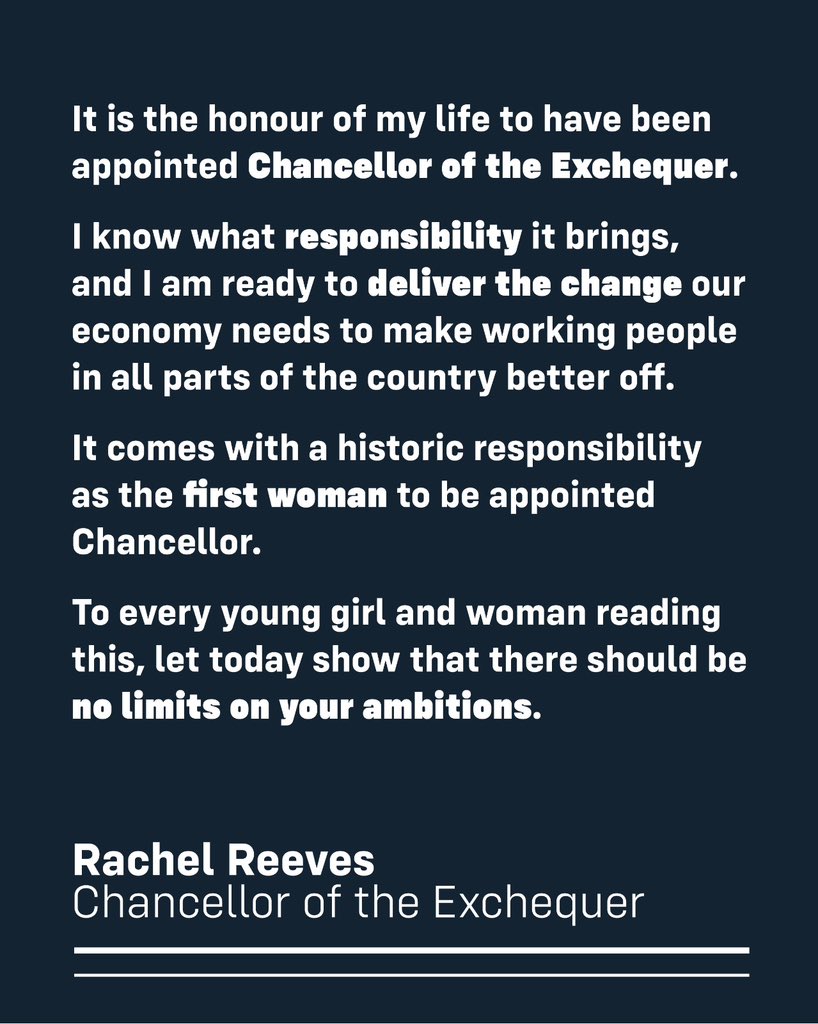Labour have won a historic landslide in the 2024 general election, but it is also a historic moment for women in parliament as Rachel Reeves becomes the first female Chancellor of the Exchequer. After Rachel Reeves’ appointment as Chancellor, and in the wake of her first address to the public, Jacqui Turner reflects on the longer history of women in the Cabinet.

Rachel Reeves Official Cabinet Portrait, July 2024
A criticism often laid at the Labour Party is that they have never had a female party leader and at times have been out of step with the political progression of women, despite their clarion call to be ‘The real Women’s Party’ in their 1918 election manifesto. More broadly, women had traditionally been kept out of the areas of ‘high politics’ such as the Foreign Office and the Exchequer across all parties.

Rachel Reeves MP on X, July 5, 2024
Rachel Reeves, however, now takes on the mantle of being the first female Chancellor of the Exchequer in history and states that she “came into politics because I want to see a government that cares about working people… I want to be the next Labour chancellor that changes this. I want to build an economy that gives everyone the opportunities they need to thrive, no matter where they are from, so the next generation can be better off than the last.” [1] But with the lingering aftermaths of Brexit and the pandemic, alongside the immediacy of international conflict and a global financial downturn, the economic climate that Reeves inherits may well be as challenging for her as Chancellor of the Exchequer as they were to the first female Cabinet minister in 1929.

Rachel Reeves outside Number 11 Downing Street, the official residence of the Chancellor.
There are echoes with her groundbreaking predecessor, Margaret Bondfield, also Labour, who became the first woman to be appointed as Cabinet Minister and the first woman Privy Counsellor as Minister in the second Labour minority government. [2]

Like Reeves, Bondfield was well versed and eminently well qualified for her role as Minister for Labour. In 1904 she had been a founding member of the Adult Suffrage Society (ASS) and in 1906 of the Women’s Labour League. Most significantly, she was the first female president of the Trade Union Congress in 1923, following a long stint in the Shop Assistants’ Union. Her abiding commitment was to improving social and political workplace rights for women alongside a deep ideological conviction motivated by her own experience in the workplace and her commitment to trade unionism. Considering her previous ministerial experience in the Ministry of Labour, as well as her trade union credentials, she was an obvious candidate to be the new Minister of Labour.
Margaret Bondfield
Unfotunately, Bondfield’ s appointment was something of a poisoned chalice made in the aftermath of the Wall Street Crash and at the onset of the Great Depression. In 1927, as a member of the Blanesburgh Committee, which recommended cuts in civil service pay and unemployment insurance or ‘the dole’, Bondfield had already been accused of betraying the working classes. But in 1931, as Minister of Labour, she came under enormous pressure to further cut salaries and unemployment benefit, including benefits to married women, which alienated her from many in her party and the broader Labour movement. A lack of public confidence led to the fall of the Labour government and Bondfield did not join Ramsay MacDonald’s National Government. She lost her seat in the general election of October 1931, marking the end of her career in national politics.
After Bondfield’ s departure from Cabinet in 1931, it was 14 years before Ellen Wilkinson was appointed to a Cabinet role as Minister of Education in the Labour Government of 1945. But Bondfield’ s appointment as Minister for Labour in 1929 sealed her place in British parliamentary history, Bonfield believed that her appointment was:
‘part of the great revolution in the position of women which had taken place in my lifetime and which I had done something to help forward’ (Margaret Bondfiled, A Life’s Work, 1948)
Reeves is also eminently suited to her role having spent time as an economist at the Bank of England and HBOS (a merger of the Halifax Building Society and the Bank of Scotland) before being elected as MP for Leeds West in 2010. Like Bonfield she inherits a problematic economy, as she herself states ‘After 14 years of chaos and instability, I know just how high the stakes are for working people.’ [3] How high the stakes are for Reeves remains to be seen. But for Rachel Reeves MP on 5th July 2024:

Rachel Reeves MP on X, July 5, 2024
Jacqui Turner is Associate Professor of History, University of Reading.
[1] Rachel Reeves MP – Shadow Chancellor and MP for Leeds West
[2] In 1919, Constance Markievicz had been appointed the first woman Cabinet Minister in Ireland in the Dáil Éireann.
Further Reading:
Margret Bondfield, A Life’s Work ( Hutchinson , 1948 )
Jacqui Turner, ‘Maragret Bondfield. First woman Cabinet minister 1929’ in Women’s Legal Landmarks in the Interwar Years: Not for the Want of Trying, in Rosemary Auchmuty, Erika Rackley and Mari Takayanagi (eds), (Bloomsbury, 2024). In Press.
Rachel Reeves, Women of Westminster (IB Tauris, 2019)
Members of Parliament, Rachel Reeves MP https://members.parliament.uk/member/4031/contact
